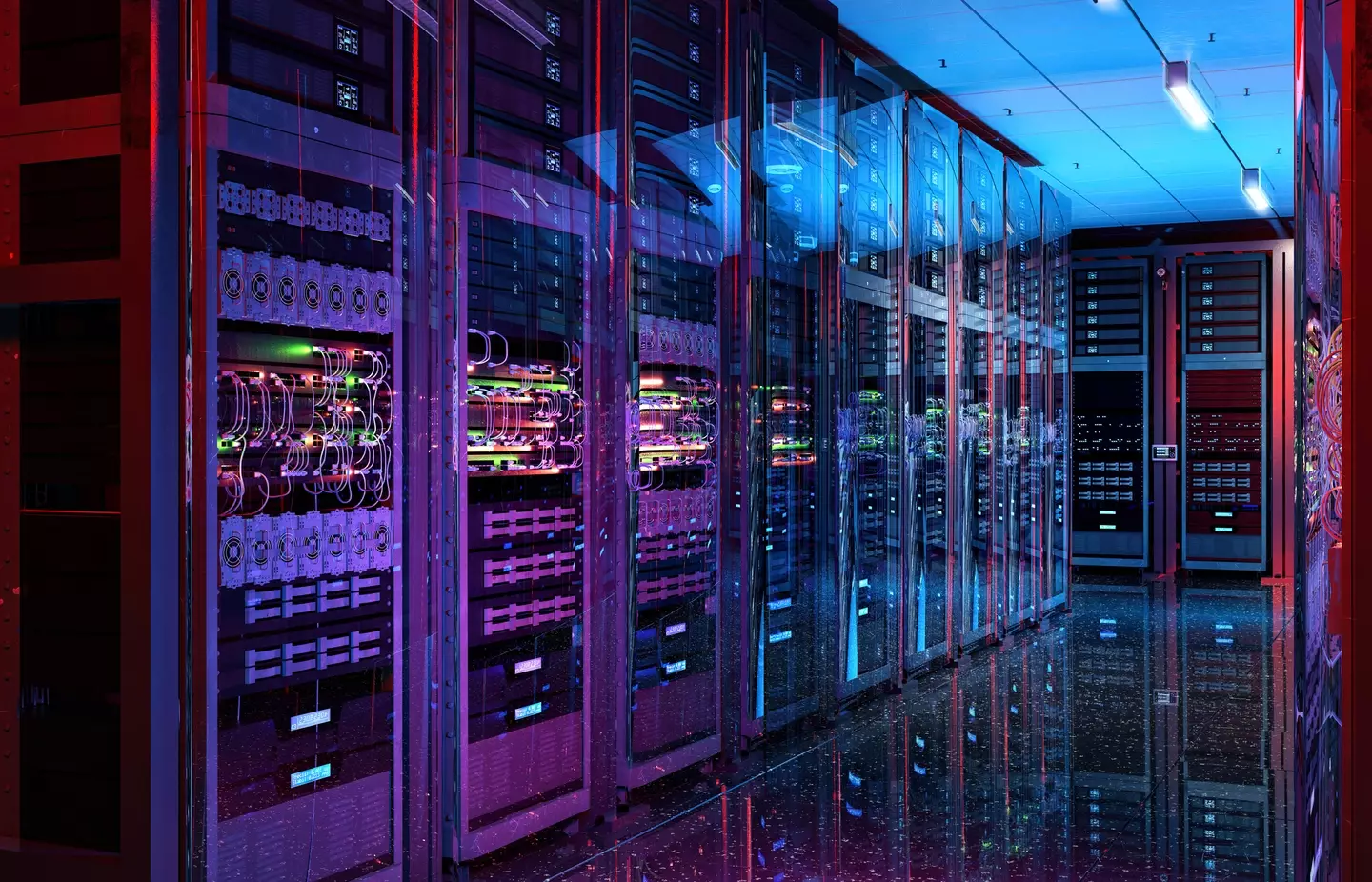
Many of us are suspicious of AI and ChatGPT, and now it turns out that there's another major reason why we perhaps shouldn't be so reliant on it.
ChatGPT was initially released in 2022 and in the three years since humanity has been using it to help with pretty much everything in their daily lives, whether it be job applications, general queries or good jokes to tell on a first date.
The dark truth behind every time you have a conversation on ChatGPT
While you might have a thirst for knowledge, ChatGPT seemingly has a thirst for the Earth's water supplies, with reports suggesting that every time you open it up for a quick chat, you're wasting around 50cl of water for every 10 to 50 queries.
Water isn't the only thing it's wasting, with Forbes suggesting that ChatGPT consumes over half a million kilowatts of electricity each day, an amount staggering enough to service about two hundred million requests.
Advert
That's roughly enough to power 180,000 US households that people are using to make ChatGPT write their university essays for them.

The cost of saying words like 'please' and 'thank you' to ChatGPT?
I'm a big advocate of saying please and thank you to ChatGPT on the rare occasions where you actually 'need' to use it, as it might mean the AI overlords show us a bit more kindness when they inevitably take over the Earth in a few years time and society collapses.
However, it turns out that even just adding these extra few words is also doing some serious damage, with the OpenAI founder joking that it could cost tens of millions of dollars on X.
Tech analyst Dylan Patel suggested ChatGPT costs over £500k per day to run. We're not sure how much of that is spent on people trying to be polite to a robot though.
How do data centres that ChatGPT use work?

Much like a computer that overheats when you ask too much of it, data centres need so much water to stop the AI servers from literally melting a human with their heat.
That is according to David Craig, chief executive of Iceotope, a British company that helps to cool data centres.
The data centres use water-based systems to cool the plant with towers evaporating the heat, like a huge perspiration system, which means that the water is lost.
The water also has to be drinking quality because any impurities could damage the servers.
How concerning is the environmental impact?
Well, it's pretty bad. With AI only likely to become more and more a part of our daily lives - the environmental costs will also only increase.
Electricity and drinking water which could be going towards housing someone is instead being used to power this technology.
As per Forbes, by 2050, two-thirds of the world's population is expected to suffer from water scarcity, which will affect all aspects of people's lives, and we're using a lot of this clean drinking water to stop these data servers from breaking.
So, next time you have a question, maybe ask your teacher, or your mum, or your friend, or if all else fails, Reddit.
OpenAI suggested to LADbible that energy efficiency is something everyone in the industry is working on, with progress already made as models improve.
They also argue that AI has the potential to accelerate the discovery of climate solutions, with Open AI only recently launching a multi-year partnership with the US National Laboratories, involving the nation's top scientists to advance scientific breakthroughs, including in energy.
Topics: AI, Artificial Intelligence, Environment, Technology
